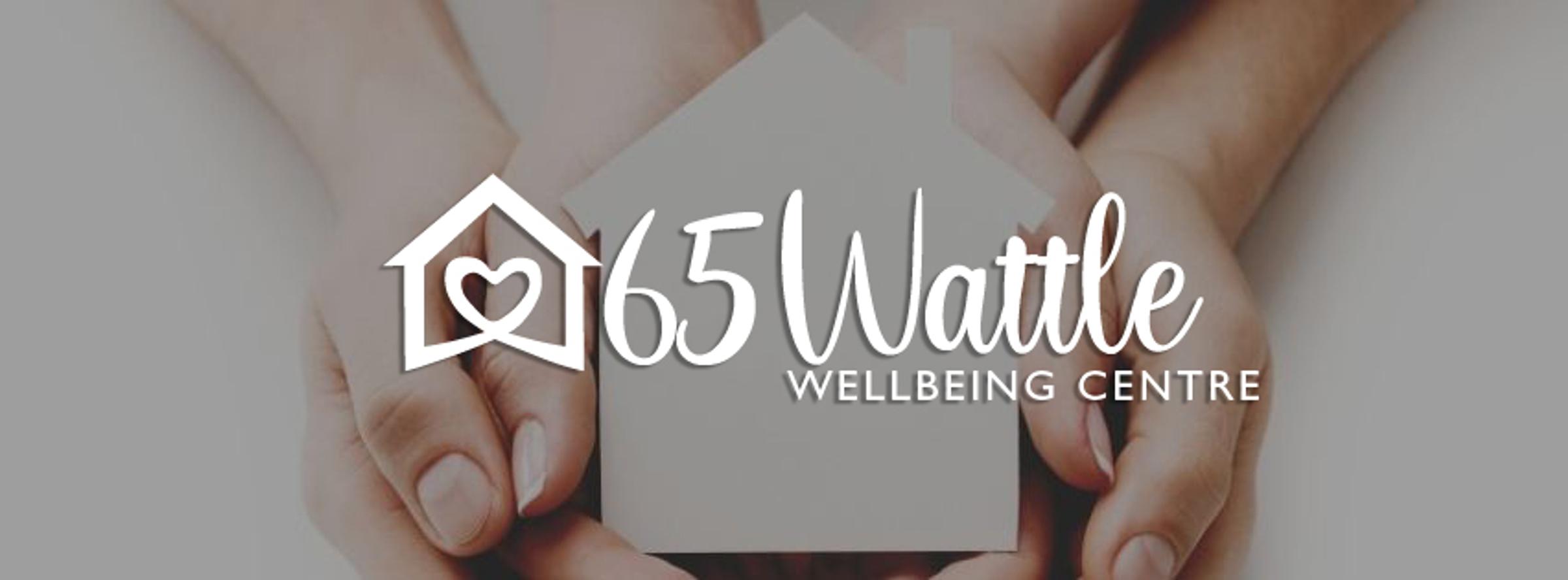Talking to Children About News

Access to the news is nothing like we have seen before, with children being exposed to news items through social media, overhearing conversations, hearing it on the radio on the way to school, the list goes on. The exposure is also in real-time, especially on social media, which means although you can be wanting to shield your child from what is going on, they have probably had at least some exposure to current events.
Developmentally, it is important to understand what your child is capable of comprehending and what they may need support with understanding. Unfortunately, at the moment there is a lot of grim news which could be impacting on our children. Some tips on how to support and guide your child/children at the time include;
1. If your child brings news events up, allow space to talk through their concerns
This will vary depending on the age and stage of your child. For example, a younger child may be concerned that the family holiday to Queensland during Easter will need to be cancelled because they are scared of being in the floods. It is important to validate their concerns, but also reassure them that the floods are in parts of Queensland and not all of the state and explain the help people are now receiving.
2. Have a conversation around the dinner table
If your child is in Senior School bringing up world events in a familiar setting such as at the dinner table or in the car driving somewhere can be a safe environment to bring up concerns or questions the young person may have. Remember that everyone can have different reactions to how they process difficult news, and every emotion is valid. Some students may want to ask questions and seek reassurance while others may want to do something to help such as donating money or goods.
3. Provide reassurance
As well as having space to talk through concerns and validate your child’s emotions, it is also important to provide reassurance that they are safe. Children can automatically hear about world events and think about how they may directly impact them, without understanding the full context. Let them know that there are a lot of people in the world doing incredible work to help people who are more vulnerable.
Ms Brydie Huggins
Senior Counsellor
